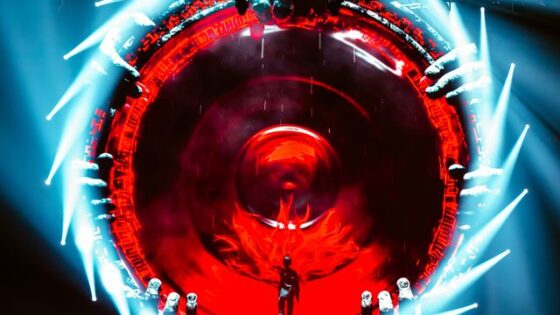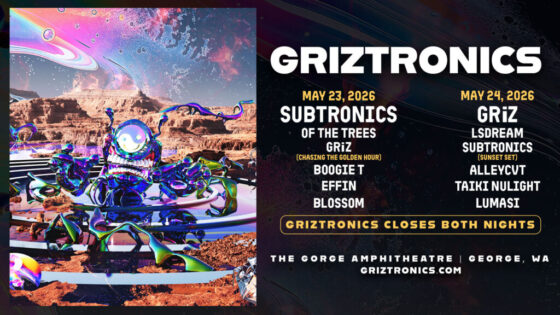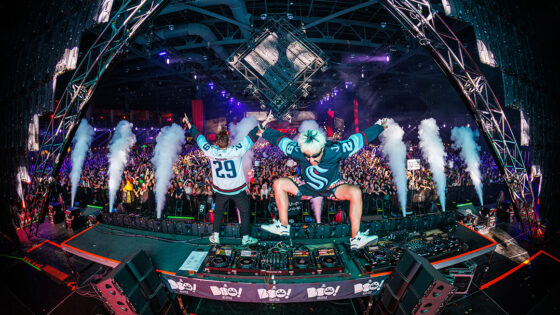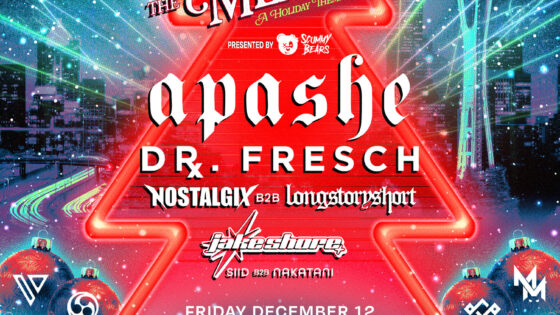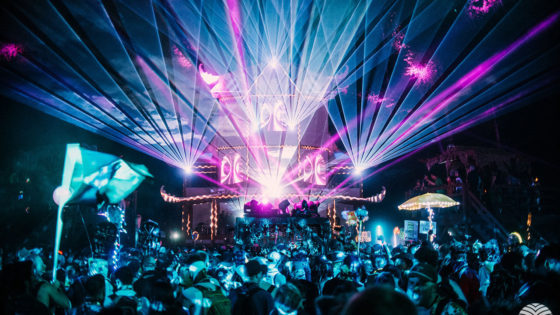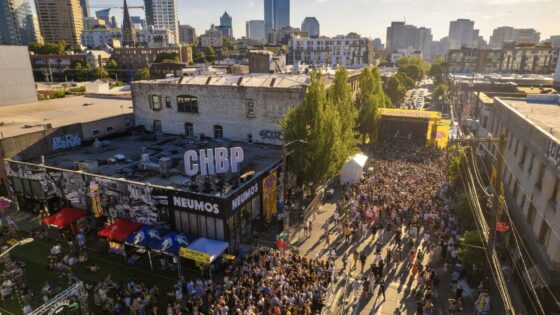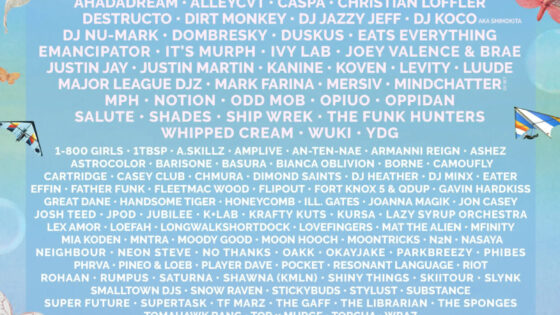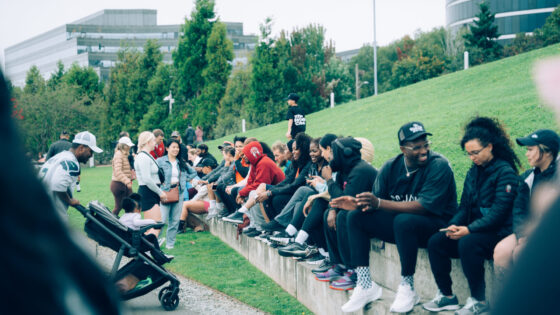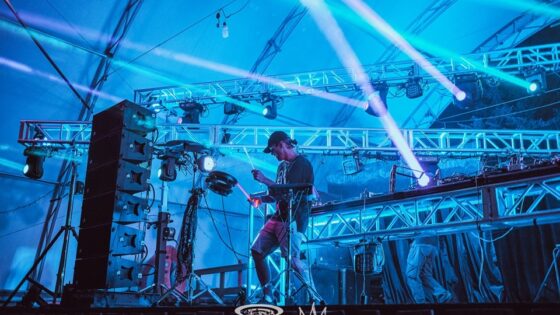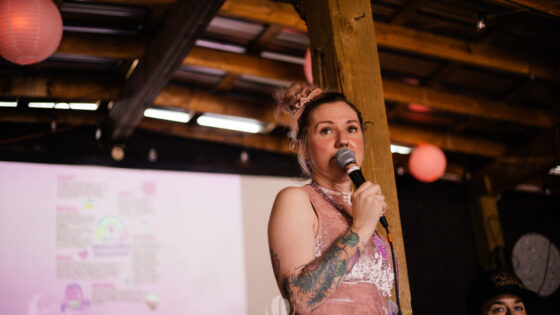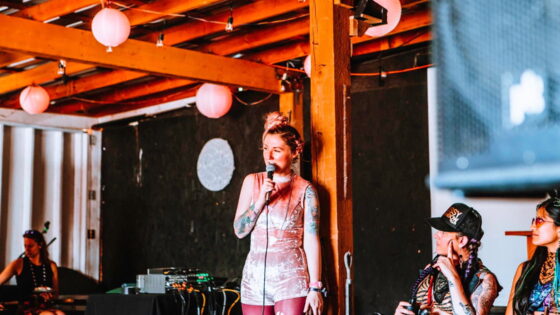In an effort to catapult harm reduction methods to the forefront of electronic music culture, music festivals in Canada have begun offering drug checking to anyone who feels their drugs may have been tampered with. This practice kicked off at Bass Coast this year and has since been offered at Electric Love’s 2018 installment. The BC Centre On Substance Abuse has partnered with Electric Love as well as Basscoast to offer this service to all participants of the music festivals.
How Does Drug Testing Work?
The purpose of drug checking services is to prevent drug-related overdoses and deaths at music festivals. People can anonymously submit samples of common street drugs like MDMA, ecstasy, and cocaine. Those drugs will then be tested to analyze their chemical makeup in an effort to determine if they have been tampered with, or made with substances that could be harmful to the user.
Using a Fourier Transform Infrared spectrometer and fentanyl test strips, testers can gain answers related to the chemical make up of a drug in a matter of minutes. This checking service is completely free and entirely anonymous, festival goers will never face trouble for possessing drugs while getting them tested. It’s all about making safe, informed decisions, and providing a service for people to make those informed decisions while promoting the best possible experiences someone can have at these festivals all while being safe.
Why is this service necessary, and what’s the point?
The BC Centre On Substance Abuse has been actively working to increase awareness about contaminated drug use. It is their mission to ensure that people taking drugs can do so safely, without worry of harmful chemicals, and without fear that they aren’t getting the best product available.
In this effort, a study was conducted from the data gathered by the checking centers at music festivals. The results were astonishing. They determined that out of all the drugs tested more than 60% contained unexpected chemicals that could harm the user. Over 88% of opioids and 15% of stimulant drugs tested positive for fentanyl which is a very potent and powerful form of heroin which when taken, even in small doses, can cause death.
To be able to check the contents of the drugs people are taking before they take them is a service that is much needed. There are so many types of drugs out there, and users can’t always be sure of what they are taking. So to provide this service, means giving people more power and more control over what they put in their bodies. We don’t want people to harm themselves or ruin their festival experiences. To do this, they need all the information possible about what they are taking. This is an invaluable service and a huge step for harm reduction.
Additionally, the data collected from these checking stations can provide a vast range of information about drug use that can be used outside music festivals to better educate people about the potential dangers of consuming drugs that haven’t come from a trusted source. Information that can also help educate lawmakers about the necessity for these services at all festivals so that it becomes commonplace.
Why isn’t this a thing in the United States?
In 2002, the US Government passed a law known commonly as the RAVE Act. The legislation states “prohibits an individual from knowingly opening, maintaining, managing, controlling, renting, leasing, making available for use, or profiting from any place for the purpose of manufacturing, distributing, or using any controlled substance, and for other purposes,” which unfortunately extends to anyone testing drugs at a festival in any sort of capacity.
Essentially, the RAVE Act made it increasingly difficult for anyone to have access to, manufacture, or sell controlled substances. The US government was attacking one specific drug with this bill: ecstasy, which at the time they deemed an epidemic, but this was amended in 2003 to include all controlled substances under the Illegal Drug Anti-Proliferation Act.
The purpose of these bills was to make it harder for people to gain access to drugs, specifically in nightlife and rave culture. However, the bills were vague on just how exactly the government was going to stop people from taking illegal drugs. The bills also made it impossible for event organizers, festival organizers, and nightclub owners to provide drug checking services by fining them for offering the service.
Their reasoning behind this is that event organizers and nightclub owners were contributing to the drug crises by allowing people to use drugs at their events. Moreover, the bills don’t provide adequate drug education to the public. Instead, it feeds off the “don’t do drugs” mantra, which is both ineffective, harmful, and doesn’t adequately address issues concerning drug use at music festivals and other events.
Since the US government has taken a no-use stance on substance control, it’s been difficult to enact the same type of drug safety checking stations at events all across the nation for fear that government will step in and shut down the events. Therefore event organizers do not provide these critical life-saving services like our North American counterparts in Canada.
However, the work the Canadians are doing is encouraging. With their example, and their success in reducing harm from drug use at their festivals perhaps the United States will be able to take their example and enact it in their own country. Harm reduction is necessary, as is the safety of event goers. The United States has been on the wrong side of the drug debate from the beginning, and it’s high time they start taking things at face value and seek to reduce drug deaths the country over.
Important things happen in Pacific Northwest nightlife, and DMNW will send you alerts!

